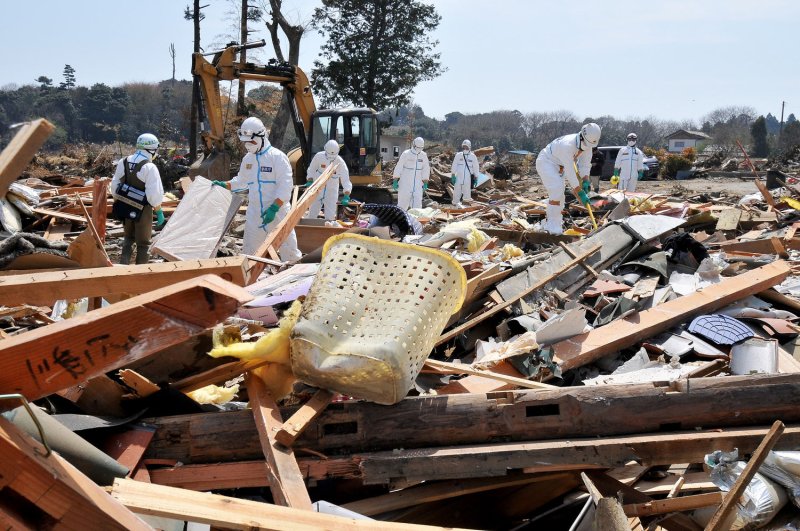TOKYO, Aug. 17 (UPI) -- A cancer center chief said Japan's method of designating individual homes as radioactive due to the Fukushima nuclear power plant disaster is faulty.
Director Masamichi Nishio of the National Hospital Organization Hokkaido said designating hot spots on a house-by-house basis "is not reasonable" since radiation levels are influenced by living conditions, the Yomiuri Shimbun reported Wednesday.















